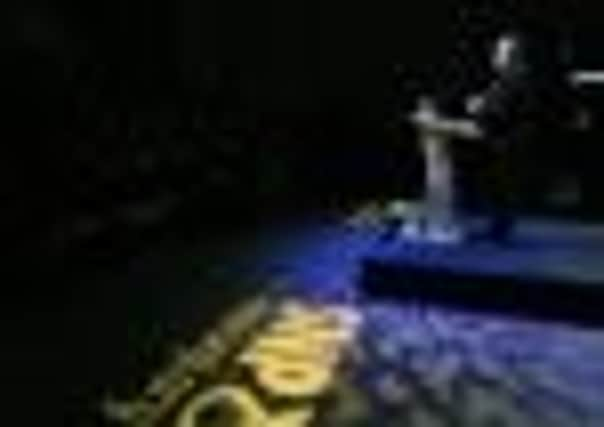Scottish independence: Don’t mention the ‘I’ word, SNP members told


SNP politicians have been told to use the term “independent Scotland” instead, after Nationalist MSPs took advice from a psychology expert.
Last night opponents seized on the decision as evidence that the SNP believes Scots are set to reject independence. They pointed to polls which showed that even at the height of the party’s popularity, support for separation from the UK remained steady at between 30 and 40 per cent.
Advertisement
Hide AdAdvertisement
Hide AdBut it also comes at a time when questions have been asked about whether the SNP is really offering Scotland independence.
So far under the plans for post-independence, the SNP leadership has admitted that Scotland would still use the British pound, rely on the Bank of England as a lender of last resort and central bank, accept UK banking and energy market regulation, share defence and embassy facilities and keep the Queen as head of state.
The strategy is aimed at calming nerves of Scottish voters, but has left critics asking whether Scotland would be truly independent with so much regulation left in London with no Scottish representation.
Patricia Ferguson, Scottish Labour’s constitutional spokesperson, said: “It seems the SNP is finally realising what everyone else knows – most Scots reject their core policy of independence.
“Now they are desperately trying to repackage a bill of goods that people don’t want, and this latest attempt will fool no-one.
“Instead of spending his time listening to advertising gurus and psychologists, Alex Salmond should start being honest with the people of Scotland.”
The advice from psychologist Claire Howell, a long-term adviser to the SNP, who has also trained candidates in the American marketing techniques to help promote a Yes vote in the 2014 referendum, is that terms like “independent minded” are seen as positive, while “independence” is associated with risk.
Her message came in a talk to MSPs but received a mixed reaction.
Advertisement
Hide AdAdvertisement
Hide AdJunior minister Alastair Allan was said to have objected to dropping the word “independence”, as did former members of the fundamentalist wing such as children’s minister Adam Ingram.
Others said they would not criticise the advice for fear of being accused of being negative.
However, the SNP leadership last night appeared to come firmly down on the side of the advice. Angus Robertson, SNP campaign director and Westminster leader, said: “The SNP has learned the importance of positive and optimistic campaigning, and the language by which we communicate our messages.”
The careful use of words also ties in with Alex Salmond’s preferred question for the referendum. In the SNP government’s January consultation on the mechanics of the referendum, Mr Salmond said his preferred question was: “Do you agree that Scotland should be an independent country?”
The SNP leadership has also circulated a campaign training manual that appears to be
based on US marketing websites, with phrases such as “independence ambassadors blend the strengths of a connector and a maven”.
The issue has blown up at a difficult time for the Yes campaign, just before the No to Independence campaign is launched this week.